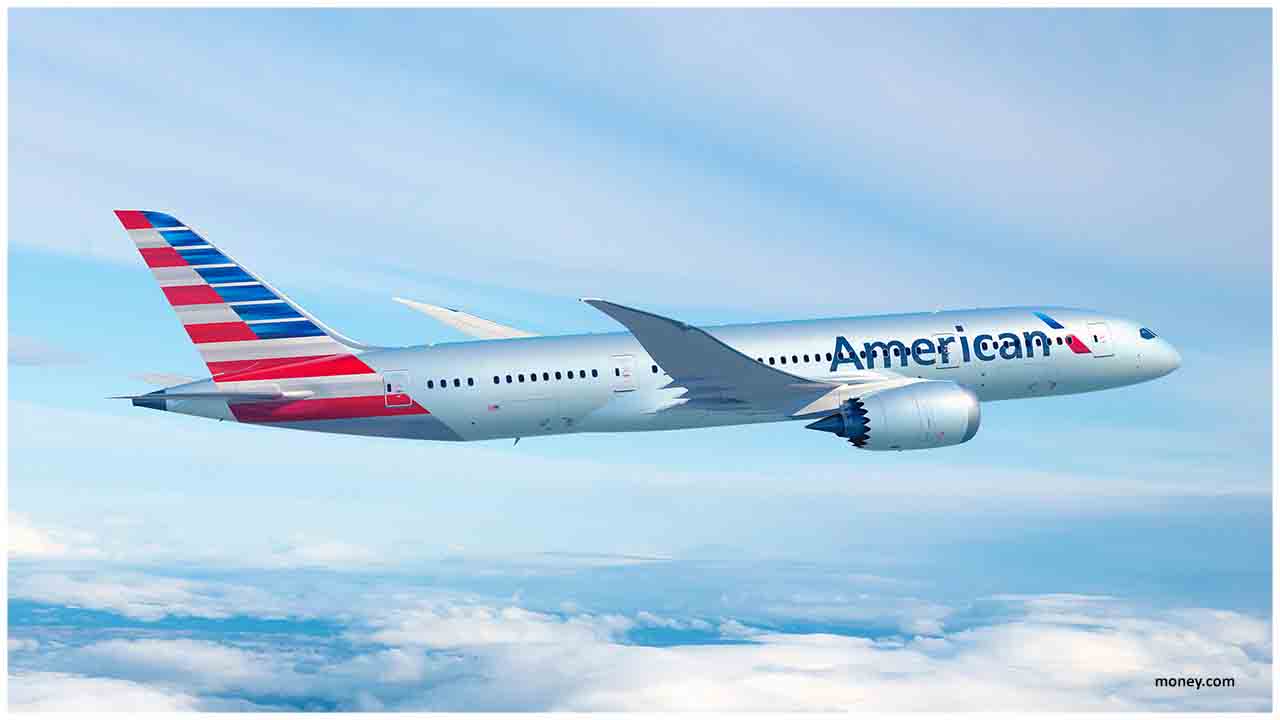Aircraft episodes that circulate around the web follow a recognizable example. A traveler tweets a photograph or talk about some type of abuse, labels the aircraft, disgraces an airline steward or individual explorer, at that point promises to never fly utilizing the bearer again. One ongoing flier showed how effectively a solitary viewpoint can convey the account in any event when different components might be at play.
On Twitter, one client named Brandon Straka posted Wednesday about communication on an American Airlines departure from New York's LaGuardia Airport to Dallas/Fort Worth International Airport. After an airline steward asked Straka whether there was an explanation he wasn't wearing a veil, he answered: "Mental stability."
A representative for the carrier affirmed that an episode included Straka, however not how he at first portrayed it on Twitter, and by Thursday evening, the aircraft said he'd been suspended from having the option to fly with it.
In an email, the carrier said it had "altogether investigated an occurrence on June 17 including one of our clients, Brandon Straka. Because of this audit, Mr. Straka won't be allowed to fly American, as he neglected to conform to our expressed approach and crewmember directions. . . . Confining travel is a stage we pay attention to very, and it will just happen after a far-reaching audit of the realities of an episode. Mr. Straka will be allowed to fly with us once face covers are not, at this point required for clients."
Insights regarding what hinted at Straka being expelled from the flight were muddled, yet he offered an update after the circumstance settled. "I was simply expelled from my trip for not wearing a cover," he composed.
Around a similar time, Astead Herndon, a governmental issues journalist for The New York Times, posted about an "uprising" that was occurring on a flight he was on, and it was then that clients started to draw an obvious conclusion and connected with Herndon to ask whether it was a similar individual.
Herndon says he didn't know that Straka was an outstanding figure when he plunked down in the top of the line seat close to him yet at the first idea to push back on the viral tweet since it was a misrepresentation of what really happened.
This week, Airlines for America, an exchange association, said a gathering of major U.S. carriers will start upholding face-covering strategies after reports of voyagers not being held to the security standard, including notwithstanding travelers who don't follow conventions. American was one of those carriers.
As indicated by Herndon, in the wake of boarding late he saw that Straka wasn't wearing a cover yet got over it. After the preflight declarations about American's locally available arrangements, an airline steward asked Straka to put on a veil, however, he won't. After a few group individuals, including the head airline steward, again asked Straka to put on a cover, referring to carrier strategy, he said he wasn't happy with wearing a veil and started recording the communication.
By then, his refusal started to foment different travelers, who likewise advised him to wear a cover. Herndon said that a couple of travelers impacted the way that they were irritated, yet that Straka didn't react. After the last supplication to wear a cover, Straka told the airline steward that nobody asked whether he had a condition that would keep him from wearing one. At the point when the specialist asked, he said he did however would not give any affirmation.
After some to and fro and complain, Straka was given a final offer: If you would prefer not to wear a cover, you can leave the plane. Herndon says he essentially got up and left.
In an announcement to The Washington Post, American Airlines seemed to back up Herndon's description of the occasion: "Before the takeoff from the entryway of American Airlines flight 1263 from New York's LaGuardia to Dallas/Fort Worth, Brandon Straka declined to wear a face covering. After he would not agree with the directions given by the flight group, our colleagues requested that he deplane. He deplaned and the flight left the entryway four minutes late at 12:34 p.m. ET."
When Herndon pushed back on the tweet, Straka said the communication was a joke intended to apply to a theoretical collaboration in which he communicated opposition.
"He wasn't coercively expelled; he essentially left," Herndon says, taking note of that Straka likely didn't represent the way that a columnist was at the scene. "I was directly close to him for the entire communication. It wasn't as emotional as he described it."
By and large, Americans said the episode was settled and Straka was permitted to load up a later flight. It's indistinct whether he wore a veil on the later flight.
"Mr. Straka expressed to our air terminal colleagues that he would consent to our approaches, and was rebooked on a later flight. Our group is surveying this occurrence, and we have connected with Mr. Straka to get more data," a representative said.

 One recent flier illustrated how easily a single perspective can carry the narrative even when other factors may be at play.
One recent flier illustrated how easily a single perspective can carry the narrative even when other factors may be at play.









.jpeg)






.jpg)




.jpg)





.jpeg)
